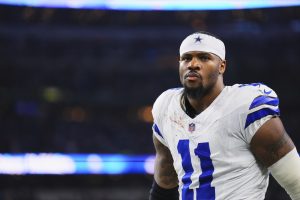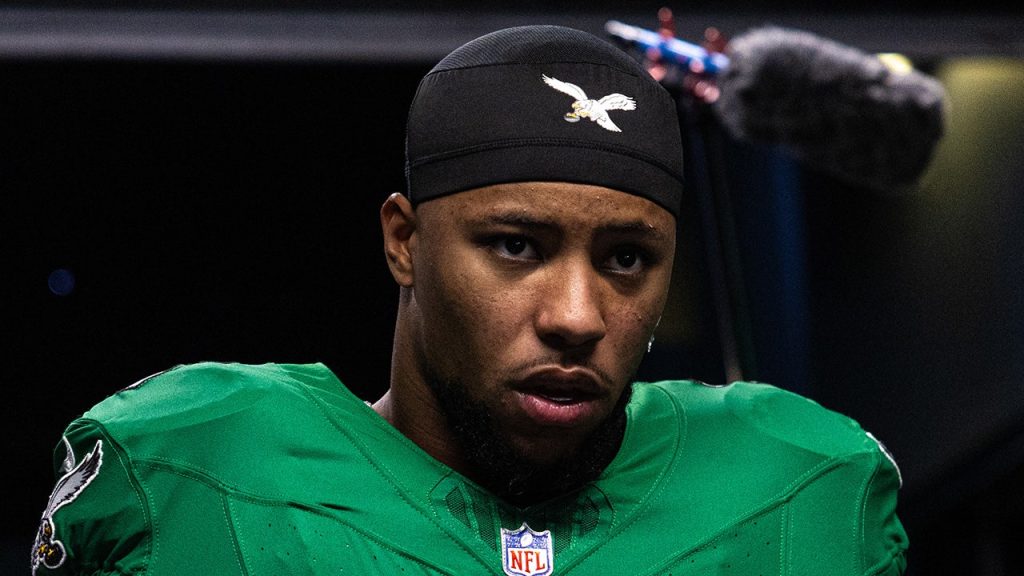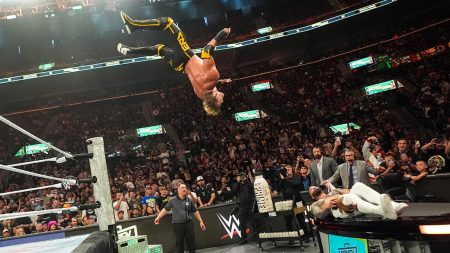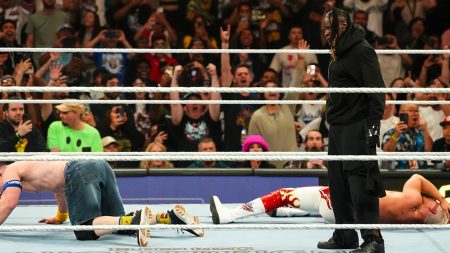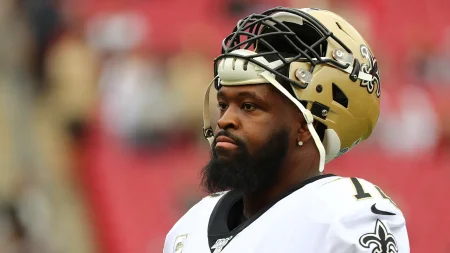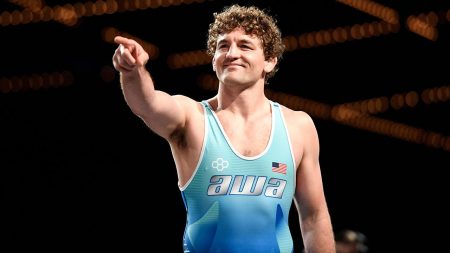The Philadelphia Eagles have chosen to prioritize player health and playoff readiness over the potential for running back Saquon Barkley to break the NFL’s single-season rushing record. Head Coach Nick Sirianni announced that several key players, including Barkley, will be rested in the final regular season game against the New York Giants. This decision comes with the Eagles already secured as the No. 2 seed in the NFC, eliminating any tangible benefit from a victory. Barkley, currently sitting at 2,005 rushing yards, needs just 100 more to surpass Eric Dickerson’s longstanding record. However, the team has opted to mitigate the risk of injury to crucial players heading into the playoffs, a decision Sirianni discussed with Barkley personally. The coach emphasized Barkley’s exceptional talent and the difficulty of this decision, highlighting the extensive input received from players, coaches, management, and ownership before arriving at this conclusion.
Sirianni’s decision reflects a strategic approach to player management, particularly given the Eagles’ demanding schedule. After a 2-2 start, the team embarked on a 12-game stretch, including 10 consecutive wins, to secure the division title. This period saw Barkley accumulate a league-leading 345 carries, further underscoring the need for rest and recuperation before the playoffs commence. Barkley himself has publicly prioritized team success over individual accomplishments, expressing his desire for a championship over breaking the rushing record. He acknowledges the significance of the potential record but emphasizes the ultimate goal of winning a Super Bowl. This alignment between player and coaching staff further solidifies the team’s focus on the bigger picture.
The Eagles’ quarterback situation adds another layer of complexity to the decision to rest starters. Jalen Hurts remains in concussion protocol, leaving his availability for the playoffs uncertain. Backup quarterback Kenny Pickett, who performed well in the previous game before suffering a rib injury, and third-stringer Tanner McKee, who threw two touchdown passes in the same game, provide depth but also highlight the potential vulnerability at the quarterback position. Resting starters, therefore, serves to protect these backup quarterbacks from potential injury in a meaningless game, ensuring their availability if needed during the playoffs.
Barkley’s impressive performance this season, culminating in a 167-yard rushing game against the Dallas Cowboys, further highlights the magnitude of the decision to sit him. While acknowledging his desire for the record, Barkley reiterated his commitment to the team’s overall success. His three-year contract with the Eagles, making him the highest-paid running back in franchise history, underscores his value to the team and their long-term investment in him. The decision to rest him also neatly sidesteps the debate surrounding the legitimacy of breaking Dickerson’s record in a 17-game season compared to Dickerson’s 16-game season in 1984.
The Giants, the Eagles’ opponents in the final game, find themselves in a contrasting situation. While having even less to gain from a victory, they stand to lose significantly in terms of draft positioning. Their recent win against the Indianapolis Colts bumped them down to the fourth overall pick, and a win against the Eagles’ backups could further jeopardize their draft standing, potentially dropping them as low as ninth overall. This dynamic creates an interesting backdrop for the game, with the Eagles prioritizing rest and the Giants facing a complex decision regarding their draft future.
In conclusion, the Eagles’ decision to rest Saquon Barkley and other key players represents a strategic prioritization of long-term goals over short-term accolades. While the potential for Barkley to break the NFL rushing record is undeniably enticing, the team recognizes the greater importance of ensuring player health and maximizing their chances of a deep playoff run. Barkley’s alignment with this philosophy, coupled with the uncertainties surrounding the quarterback position and the Giants’ draft implications, creates a unique narrative for the final game of the regular season, one that underscores the complexities of player management and strategic decision-making in professional football.
